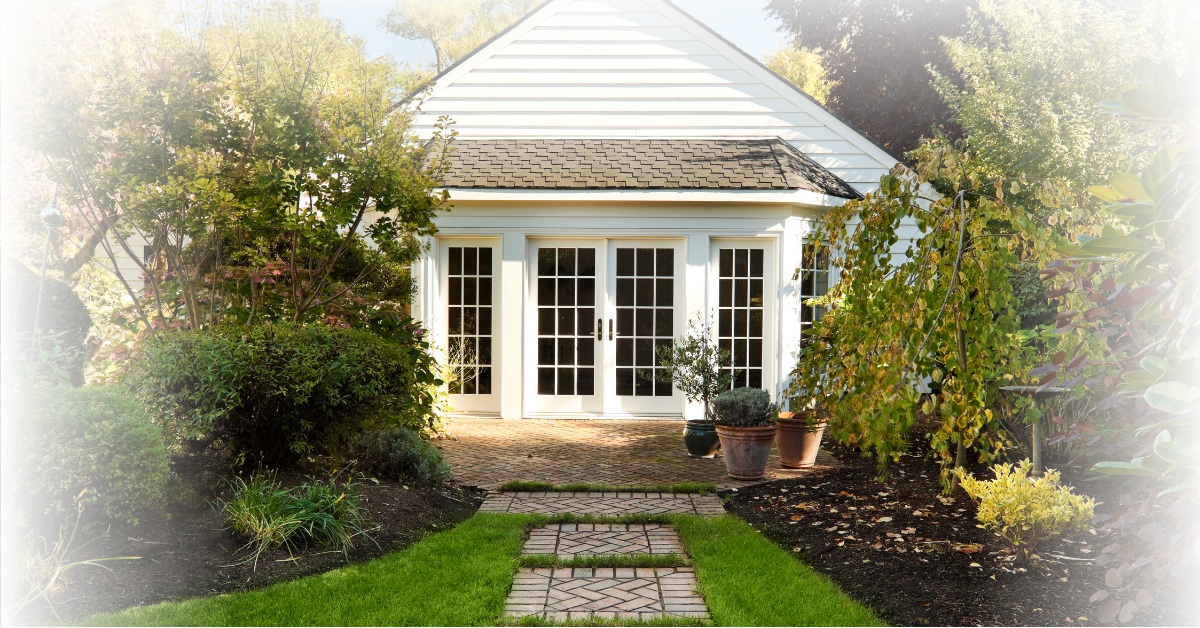Accessory Dwelling Units Are Now Legal in Massachusetts—Is One Right for You?
In a major shift for homeowners across the state, Massachusetts has enacted new regulations that make it significantly easier to build Accessory Dwelling Units (ADUs). Under the Affordable Homes Act, homeowners can now legally construct an ADU by right without the need for special permits, streamlining the process and making these secondary housing units more accessible
ADUs provide a versatile solution for homeowners looking to enhance their property’s functionality. Whether you want to create a private space for aging parents, offer independent living for adult children, or prepare for your own future needs, ADUs offer flexibility while maintaining privacy and independence.
What Is an Accessory Dwelling Unit (ADU)?
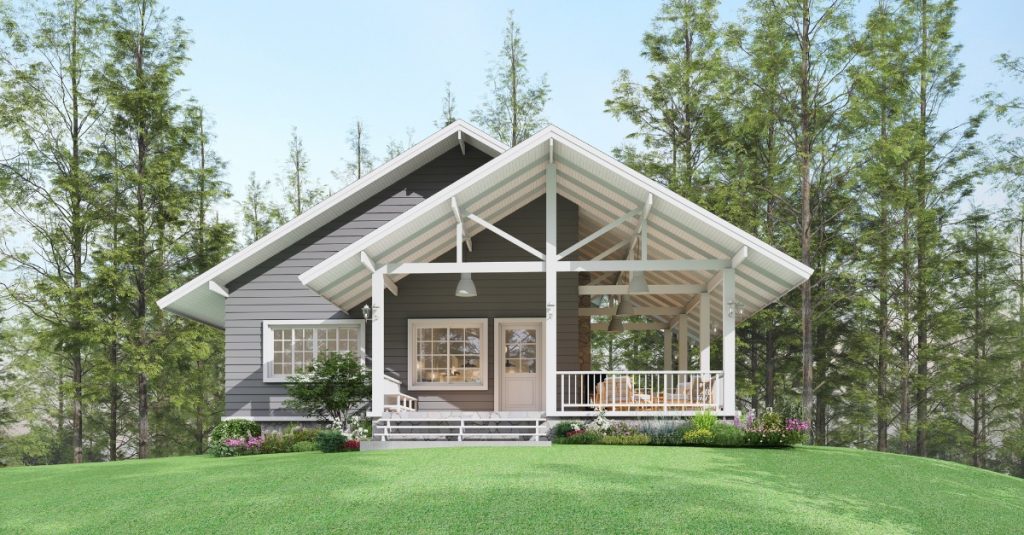
An Accessory Dwelling Unit (ADU) is a small, independent residential unit located on the same property as a primary home. These units are fully equipped with their own entrance, kitchen, bathroom, and living space, making them completely self-sufficient.
There are several common ADU types:
- Detached ADUs – Standalone backyard cottages separate from the main house.
- Attached ADUs – Units added onto an existing home, such as an in-law suite.
- Garage Conversions – Transforming an existing garage into a livable space.
- Basement Apartments – Converting a basement into an independent unit with an exterior entrance.
- Above-Garage Units – Small apartments built above a detached or attached garage.
ADUs are becoming increasingly popular in Massachusetts as they provide long-term housing solutions for families, aging-in-place opportunities, and independent living options.
Understanding Massachusetts’ New ADU Law
The Massachusetts ADU law represents a major step toward increasing housing accessibility and affordability. Here are the key changes homeowners should know:
- ADUs up to 900 sq. ft. are now allowed by right across the state.
- No special permit required, which reduces bureaucratic delays and simplifies the approval process.
- No owner-occupancy requirement, meaning ADUs can be added to rental properties.
- ADUs can be rented to non-family members, making them a viable source of income.
While the statewide law makes ADUs more accessible, some municipalities may still have additional requirements, such as parking regulations or design restrictions. Homeowners should check with their local planning office to ensure compliance.
ADU Possibilities: Designing for Comfort, Functionality, and Long-Term Value
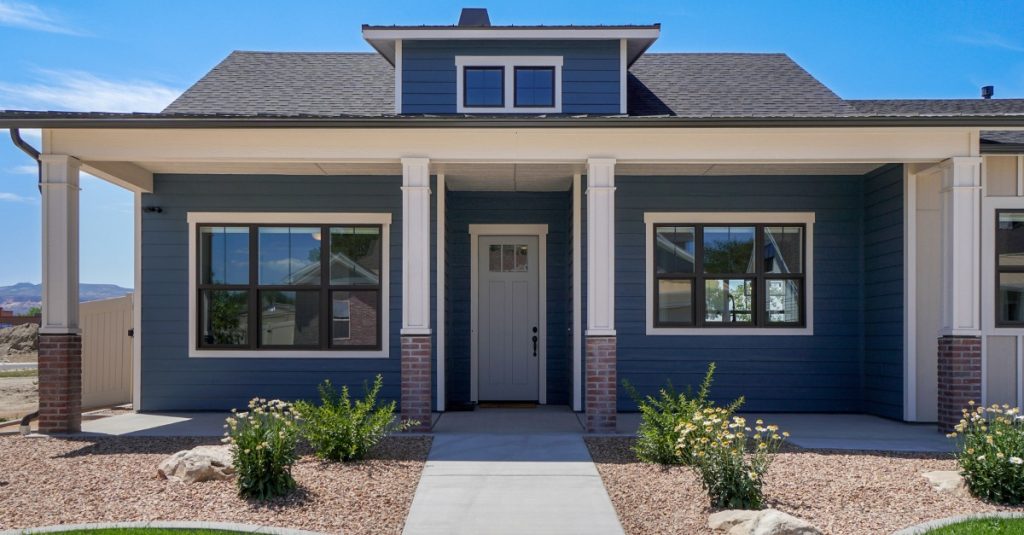
Accessory Dwelling Units (ADUs) offer endless possibilities, from multigenerational housing solutions to financial investment opportunities. When thoughtfully designed, they can provide both comfort and flexibility while enhancing property value.
Below are some of the most common uses for ADUs and key design considerations to maximize functionality.
1. Aging in Place
For families looking to keep aging parents or relatives close while maintaining their independence, ADUs offer an ideal solution. Designing an ADU for aging in place requires thoughtful planning to ensure safety, accessibility, and ease of use.
Key Features for Aging in Place:
- Step-Free Entry & Open Layouts: Avoid stairs and tight spaces to accommodate mobility devices.
- Wider Doorways & Hallways: Allows wheelchair or walker access.
- Accessible Bathrooms: Install grab bars, walk-in showers with seating, and non-slip flooring.
- Smart Home Features: Voice-activated lighting, thermostats, and emergency alert systems for enhanced safety.
- First-Floor Living: If an ADU has multiple levels, ensure key areas like the bedroom, bathroom, and kitchen are all on the ground floor.
2. A Private Retreat for Visitors
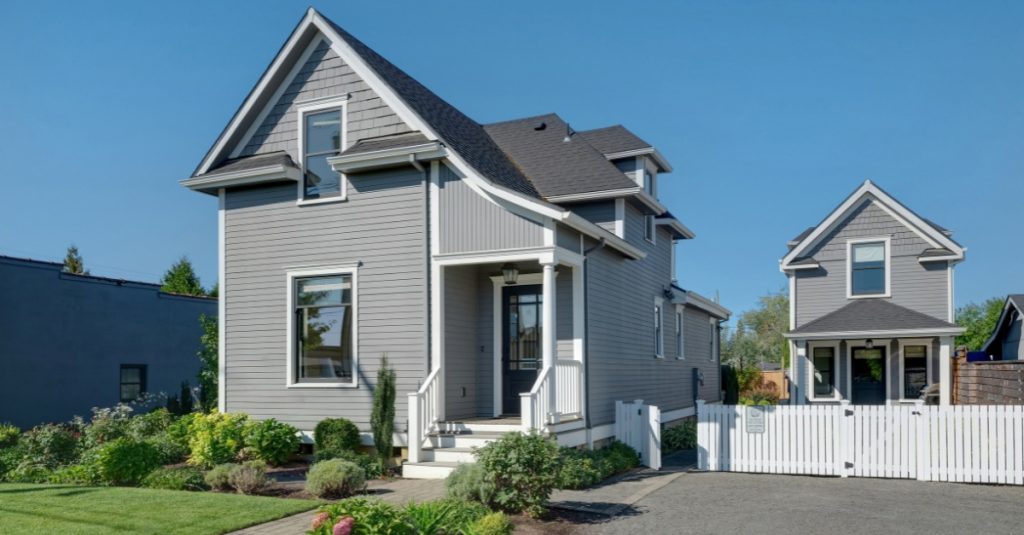
For homeowners who frequently host family and friends, an ADU provides a dedicated guest space that offers privacy and comfort—without disrupting the main house.
Key Features for Guest Comfort:
- Private Entrance: Ensures guests have their own access without disturbing the main home.
- Compact, Functional Kitchen: A kitchenette with essential appliances allows for meal preparation.
- Hotel-Like Amenities: Consider adding a cozy seating area, plush bedding, and a small outdoor patio.
- Soundproofing & Privacy Measures: Use insulated walls and strategic layout planning to enhance quiet and relaxation.
3. Rental Income
With Massachusetts’ increasing demand for rental housing, ADUs can serve as a steady source of income. Homeowners can rent out the unit for short-term stays (like Airbnb) or as a long-term lease, depending on local regulations.
Key Features for a Rental-Ready ADU:
- Durable, Low-Maintenance Materials: Use high-quality flooring, countertops, and fixtures that withstand heavy use.
- Energy-Efficient Appliances: Reduce operating costs with LED lighting, smart thermostats, and Energy Star-rated appliances.
- Secure & Independent Access: Separate entryways ensure privacy for both the tenant and homeowner.
- Ample Storage Space: Tenants appreciate built-in closets and smart shelving.
4. Home Office or Creative Studio

For professionals, artists, or entrepreneurs, an ADU can serve as a quiet and productive workspace separate from household distractions.
Key Features for a Functional Home Office:
- Plenty of Natural Light: Large windows or skylights create an inspiring work environment.
- Soundproofing for Focus: Minimize outside noise with insulated walls or noise-canceling panels.
- Tech-Ready Infrastructure: High-speed internet, multiple outlets, and smart home connectivity.
- Flexible Layout: Consider modular furniture or a foldaway desk to allow the space to double as a guest room.
5. Multigenerational Living
Many families use ADUs to provide independent living spaces for adult children, caregivers, or extended family members.
Key Features for Multigenerational Living:
- Semi-Open Concept: Balances privacy and connection to the main house.
- Dual Entrances: Provides separate access while maintaining a shared connection if needed.
- Shared Outdoor Space: A small patio or garden area can foster family interactions.
- Adaptive Design: Include features that can evolve over time (e.g., removable partitions, convertible furniture).
How to Get Started With an ADU in Massachusetts
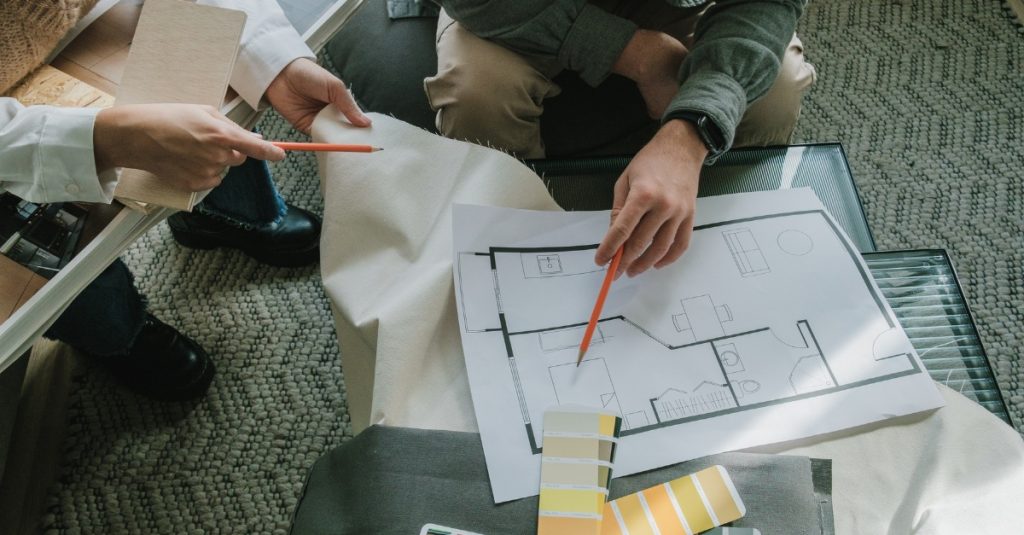
Ready to turn your property into a more functional, valuable space? Building an ADU is easier than ever in Massachusetts, but knowing where to start can make all the difference.
Follow these steps to bring your ADU dreams to life—whether you’re looking to create a cozy retreat, a rental income source, or a future-ready living space.
Step 1: Check Local Zoning & Building Codes
Before you break ground, get familiar with your local zoning and building requirements. While Massachusetts’ new law makes ADUs more accessible, some towns may still have specific rules regarding:
- Setback Requirements: The distance your ADU needs to be from property lines.
- Parking Regulations: Some areas may require additional parking spaces.
- Utility Connections: How your ADU will be hooked up to water, electricity, and sewage.
A quick visit to your town’s planning department can save you time and prevent costly mistakes down the line.
Step 2: Design Your ADU
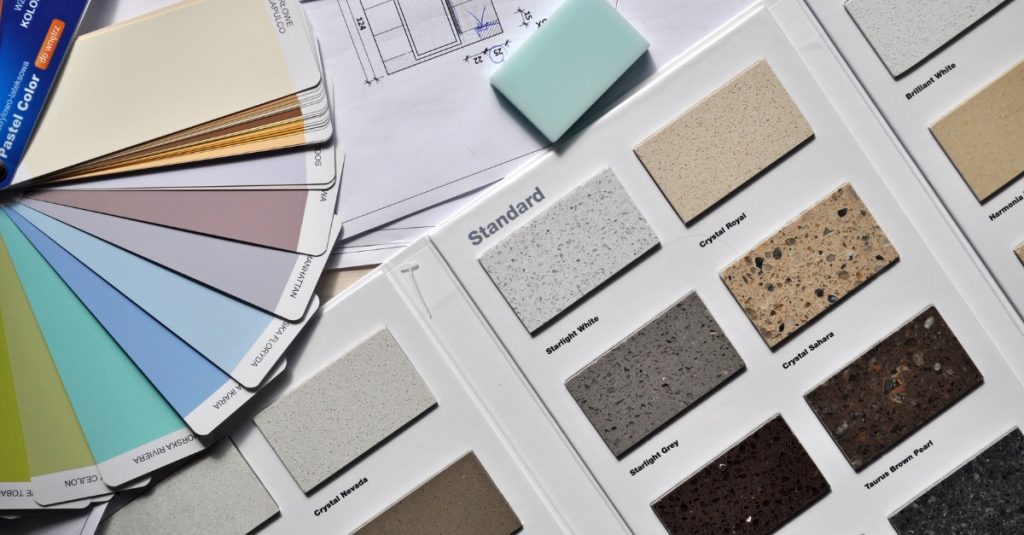
Think about how you’ll use your ADU and what makes the most sense for your space and budget.
Want total privacy? A standalone backyard cottage is perfect for independent living, multigenerational households, or even an Airbnb rental.
Or, if you have an underutilized garage, turning it into a stylish living space is a cost-effective way to add an ADU without expanding your footprint.
Consider natural light, storage solutions, and multi-use furniture to make your ADU feel spacious and inviting.
Step 3: Find the Right Contractor & Get Started
Now comes the most important step—bringing your ADU vision to life! Hiring the right contractor is the key to a smooth, stress-free building process. A skilled professional won’t just handle construction; they’ll also guide you through permits, inspections, and zoning requirements, ensuring everything is up to code.
While Massachusetts no longer requires special permits for ADUs, standard building permits are still necessary. A knowledgeable contractor will navigate these for you, saving time and avoiding compliance headaches.
Additionally, a contractor experienced in ADU builds can suggest the best materials, layouts, and energy-efficient upgrades to maximize your investment.
Build Your ADU the Right Way with RWC
The Massachusetts ADU law makes it easier than ever for homeowners to add a secondary dwelling unit to their property. Whether you’re looking to create a space for aging loved ones, generate rental income, or increase your home’s functionality, an ADU is a valuable long-term investment.
At Robert Way Construction, we specialize in bringing high-quality ADUs to life with expert craftsmanship, clear communication, and a seamless building process. With over 30 years of experience, our licensed and insured team will handle everything so you can enjoy your new space without the stress.
Ready to start your ADU journey? Schedule a call today and discover how we can bring your vision to life.

